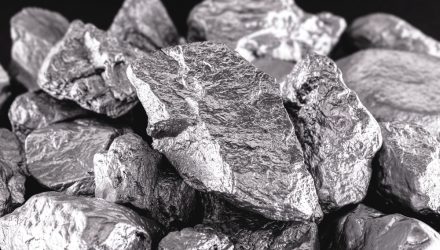The global market size of cobalt is expected to grow from $8.7 billion in 2021 to over $19.4 billion by 2030 according to a recently updated report from Straits Research. Demand for cobalt and other raw metals necessary for electrification is ramping up substantially.
Cobalt is a raw material that has a wide range of uses across many industries and is a by-product of nickel or copper mining. It’s a key component in rechargeable batteries and demand is anticipated to drive a 9.3% compound annual growth rate for the metal between now and 2030.
Use cases for cobalt continue to grow, as the metal is known for its high-temperature resilience, energy storage capabilities, hardness, process efficiency, and more according to the report. Demand is growing within the artificial intelligence industry, additive manufacturing, as well as digital processing as R&D drives continued innovation in the use of cobalt.
Cobalt is currently used in several sectors. It’s used in batteries of portable electronics like laptops and smartphones. It is in integrated circuits, in permanent magnets in wind turbines, and rechargeable batteries for storing renewable energy. It is also used in superalloys used by the aerospace and defense sector as well as in orthopedics and dental implants.
Over half of the cobalt produced today is used for rechargeable batteries for electric vehicles, with each battery requiring between 5-15 kilograms (11-33 pounds) of cobalt. As demand increases exponentially for EVs, so too will the demand for cobalt.
Investing in Cobalt and Electrification Metals With KMET
KraneShares launched its newest fund this month, the KraneShares Electrification Metals ETF (KMET), which offers targeted exposure to the metals that will be necessary for the electrification and clean energy transition of the world’s economy in the pivot to net-zero emissions.
The fund seeks to track the Bloomberg Electrification Metals Index and is comprised of futures contracts on copper, nickel, zinc, aluminum, cobalt, and lithium. These metals are all core components for batteries, electric vehicles, and the renewable energy infrastructure that is being created and expanded as countries aim for net-zero emissions by 2050 to curtail global warming.
KMET has an expense ratio of 0.79% and is part of the climate-focused lineup of funds from KraneShares.
For more news, information, and strategy, visit the Climate Insights Channel.

